Russia Vs Ukraine Introduction
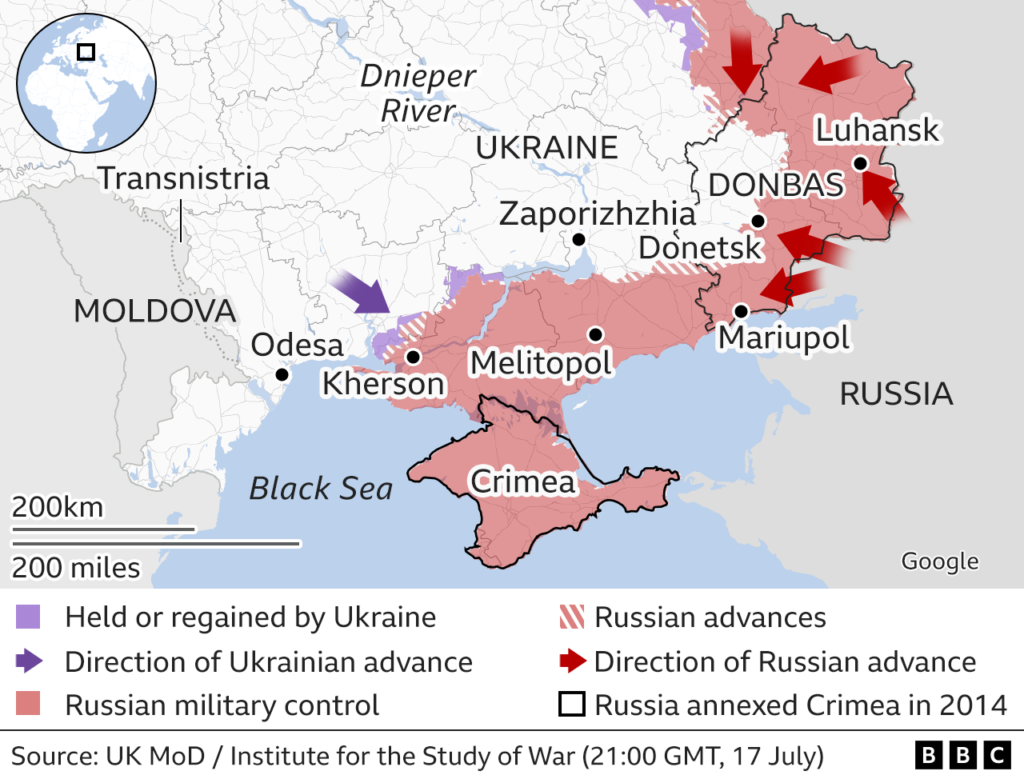
The Russo-Ukrainian War is an ongoing international conflict between Russia and Ukraine that began in early February 2014. The initial spark began with the color revolution by Western Block in Ukraine where the democratically elected government was thrown out by a series of protests which eventually lead to the gain of power by Western Leaders like Volodymyr Zelenskyy.
Reasons For The Invasion of Ukraine by Russia.
– Russia’s Fear of NATO Expansion.
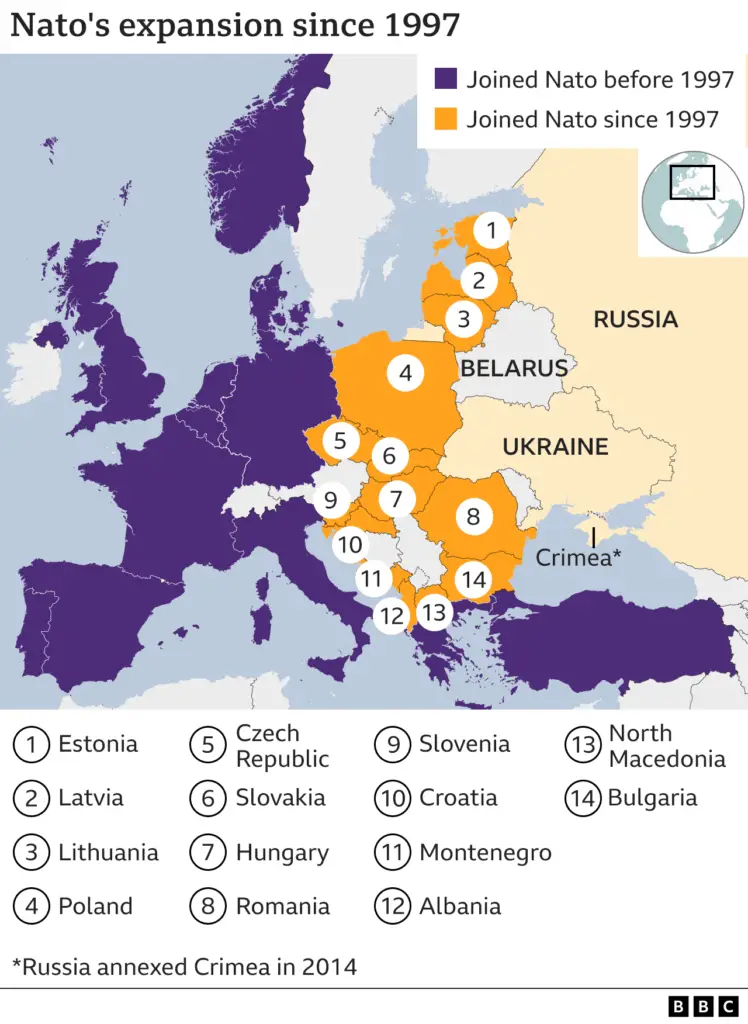
- The Russian attack on Ukraine can be explained by Russia’s fear of NATO expansion and its desire to maintain a buffer zone between itself and the West.
- According to John Mearsheimer the United States and NATO have been expanding eastward since the end of the Cold War, which has threatened Russia’s security interests.
- Mearsheimer argues that this expansion has violated a promise made to Russia by the United States at the end of the Cold War not to expand NATO eastward.
- As a result, Russia feels surrounded by NATO and sees Ukraine’s possible alignment with the West as a direct threat to its security.
- Mearsheimer believes that Russia’s annexation of Crimea and involvement in the conflict in eastern Ukraine can also be explained by the importance of the Crimean peninsula to Russia’s national security.
- The Black Sea Fleet, based in Crimea, provides Russia with access to the Mediterranean Sea and beyond.
- Mearsheimer’s argument suggests that the Russian attack on Ukraine was driven by a combination of security concerns and the desire to maintain strategic control over the region.

Historical Reason For Russian Attack.
- Historically, Ukraine has been part of Russia’s sphere of influence for centuries.
- Ukraine was part of the Russian Empire, and later the Soviet Union, and as such, it has a shared history, culture, and language with Russia.
- Peter Zeihan suggests that this historical connection has led Russia to view Ukraine as an integral part of its identity and has made it reluctant to see Ukraine drift toward the West.
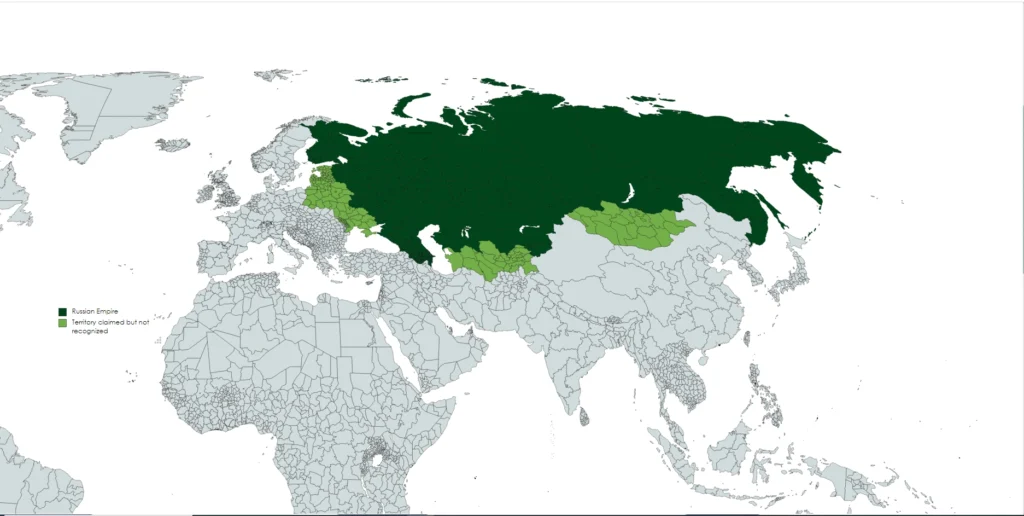

Geographical Reason For Russian Attack on Ukraine.
- Ukraine’s location is critical to Russia’s strategic interests. Ukraine serves as a buffer zone between Russia and NATO, which has been expanding eastward since the end of the Cold War.
- Zeihan argues that Russia sees Ukraine’s possible alignment with the West as a direct threat to its security and has therefore been willing to take aggressive action to prevent it.
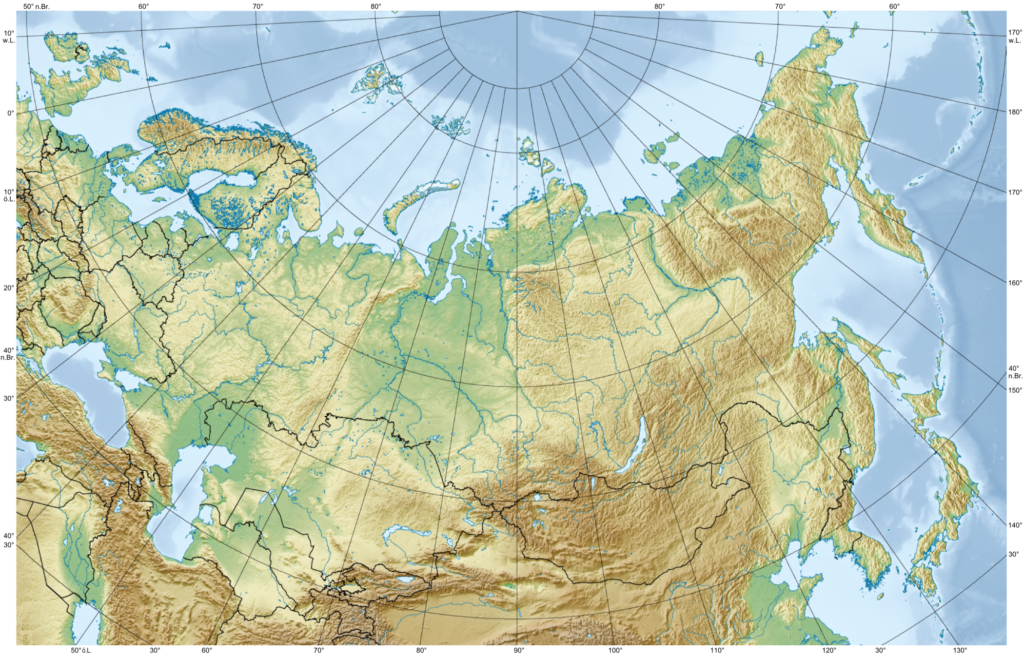
Economic Reason for Russian Attack.
- In addition, Ukraine controls access to the Black Sea, which is an essential gateway to the Mediterranean.
- The Black Sea Fleet, based in Crimea, provides Russia with access to warm-water ports and the ability to project power into the Mediterranean and beyond.
- Zeihan suggests that this strategic importance of the Black Sea has driven Russia’s interest in controlling Crimea and maintaining its influence over eastern Ukraine.
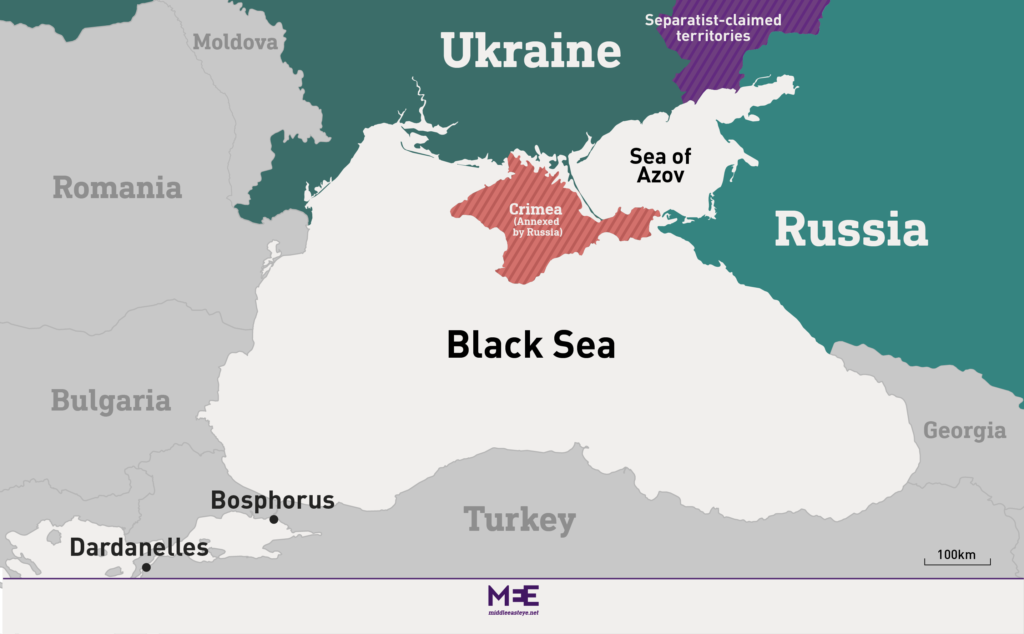
- Ukraine is an important transit country for Russian gas exports to Europe. Zeihan suggests that Russia’s annexation of Crimea and involvement in the conflict in eastern Ukraine were motivated in part by a desire to maintain control over these economic interests.
Strategic Factors in Play.
- Zeihan argues that Russia’s actions in Ukraine were driven by a desire to maintain its status as a major world power.
- He suggests that Russia’s leaders see Ukraine as an important part of their vision of a Eurasian sphere of influence, which they believe is necessary to counterbalance the influence of the United States and the West.
- the Russian attack on Ukraine was driven by a combination of historical, geographic, economic, and strategic factors. Russia’s interest in Ukraine reflects its broader concerns about its security and status as a global power.
Domestic Politics is Influencing the Russian Attack.
- Domestic politics played a significant role in Russia’s decision to attack Ukraine.
- That the annexation of Crimea and involvement in the conflict in eastern Ukraine were popular moves among the Russian public.
- which was galvanized by nationalist sentiment and a desire to restore Russia’s status as a great power.
- Russia’s desire to maintain influence over Ukraine is a key factor in the conflict.
- Russia has historically seen Ukraine as a key part of its identity and culture, and as such, it has been reluctant to see it align with the West.
Conclusion.
The conclusions drawn from the analyses provided by John Mearsheimer, Peter Zeihan, and Velina Tchakarova suggest that the Russian attack on Ukraine was driven by a combination of strategic, historical, geographic, economic, domestic, and identity factors.
All three experts agree that Russia’s interest in Ukraine is rooted in its historical connection to the country, which has led Russia to view Ukraine as an integral part of its identity. They also agree that Ukraine’s geographic location is critical to Russia’s strategic interests as it serves as a buffer zone between Russia and NATO, controls access to the Black Sea, and provides a transit route for Russian gas exports to Europe.
Peter Zeihan highlights the economic importance of Ukraine to Russia, as a transit country for gas exports, while Velina Tchakarova emphasizes the role of domestic politics and nationalism in driving Russia’s decision to attack Ukraine. Additionally, Tchakarova notes Russia’s desire to maintain influence over Ukraine as a key factor in the conflict.
John Mearsheimer’s analysis focuses on the broader strategic implications of the conflict, arguing that it reflects a fundamental power struggle between Russia and the West for control over Ukraine and the broader region.
Overall, the consensus among these experts is that the Russian attack on Ukraine reflects Russia’s broader concerns about its security, status, and identity, and its desire to maintain influence over Ukraine as a critical part of its sphere of influence.
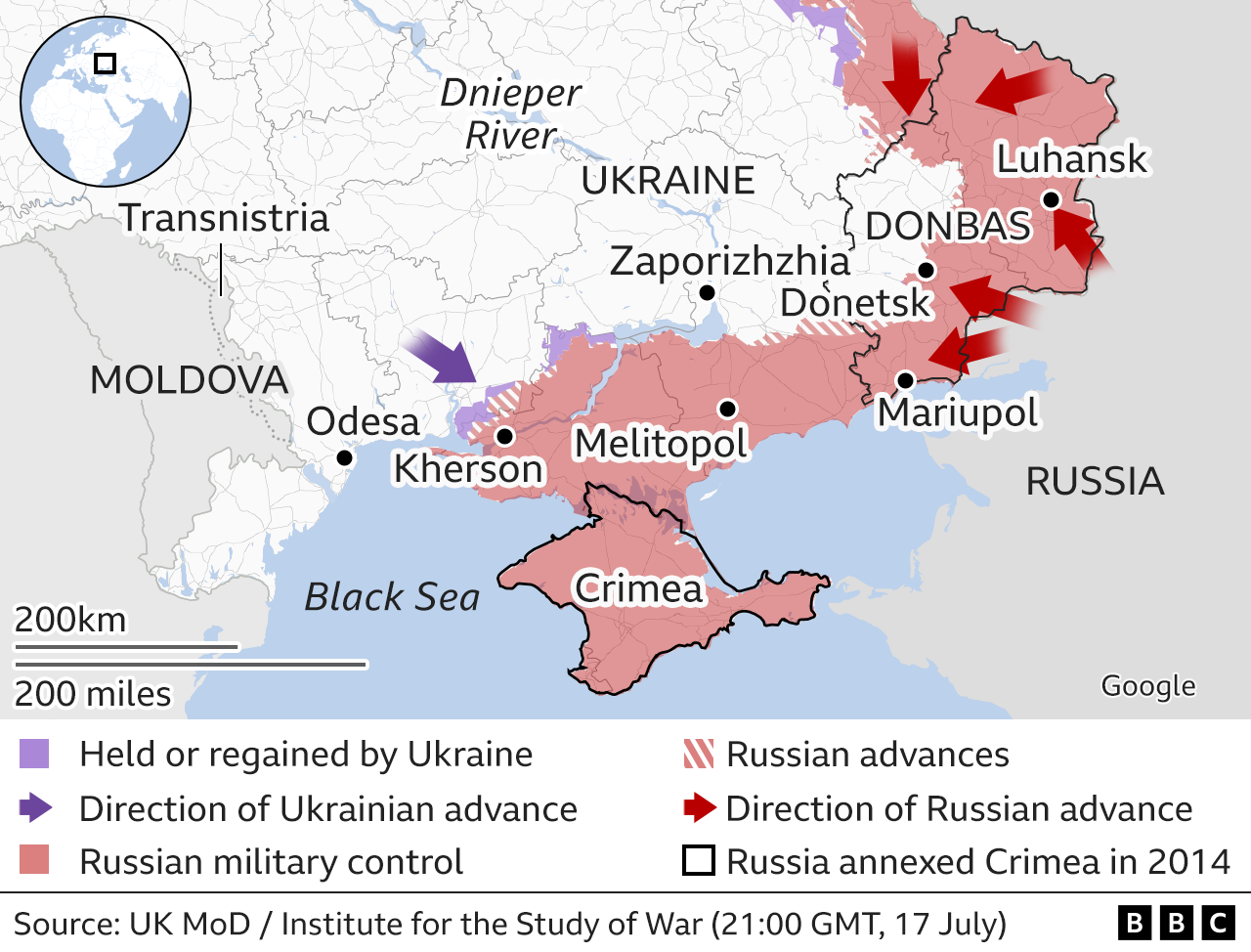

[…] What were the Reasons for Russia to attack Ukraine? […]